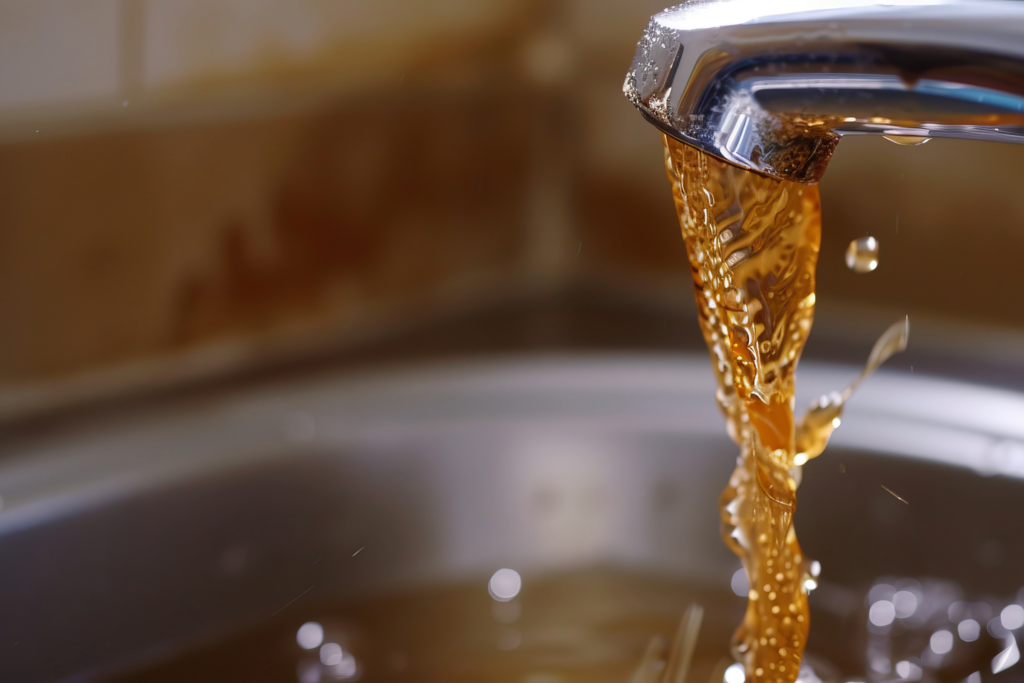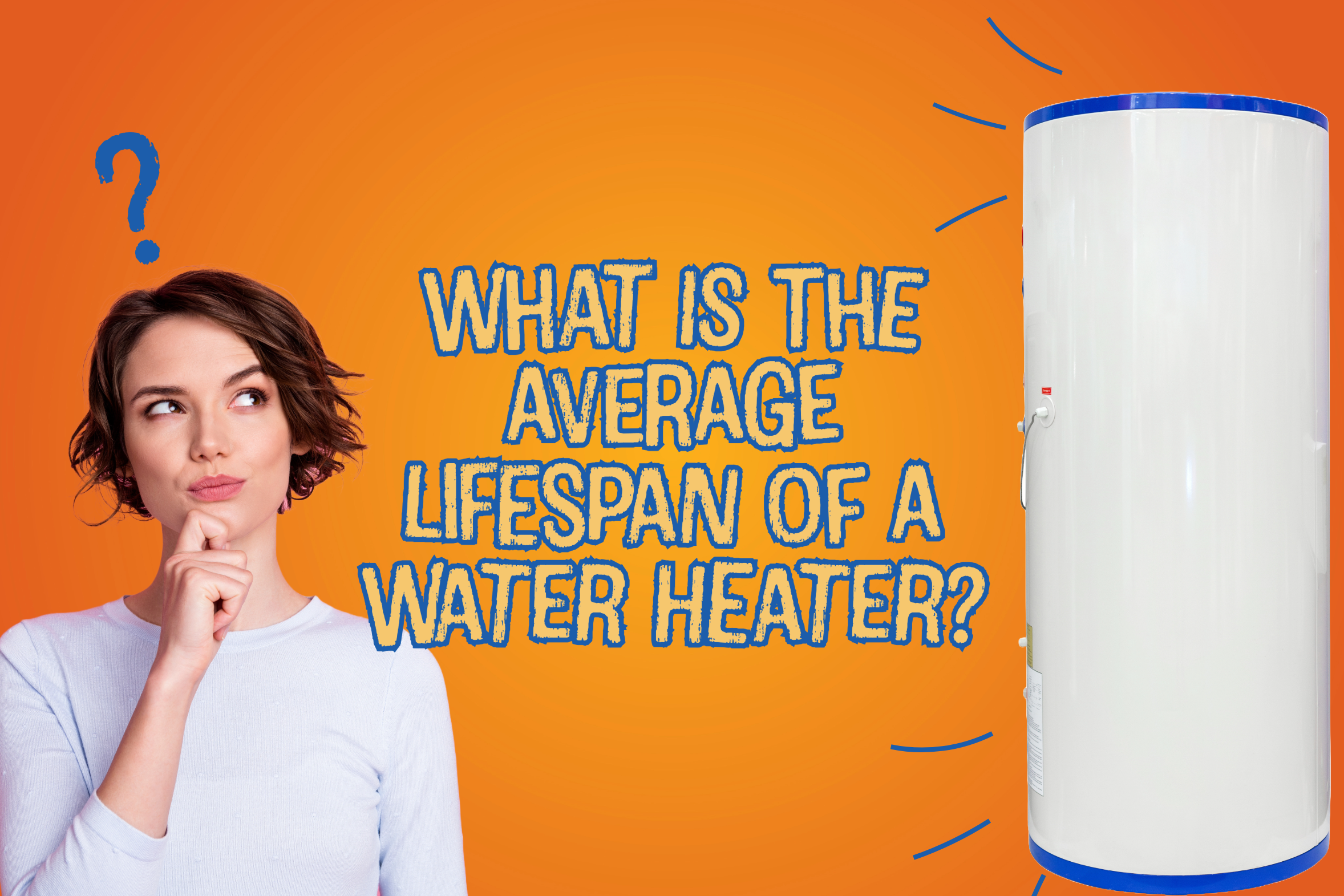If you’re dealing with water heater issues and have a few questions, you’ve come to the right place! As your trusted local plumbing company, we understand how overwhelming this can be—especially if it’s your first time. What should you ask? Why does it need replacing? How do you know when to replace it versus opting for a repair? These are all great questions! But if you’ve never had to ask them before, it can be tricky to know where to start. That’s what Canal Winchester Plumbing & Drain is here for!
We’re here to help you every step of the way. So, let’s start with the basics. One of the most common questions we get is: How long should a water heater last?
The Average Lifespan of a Water Heater
A good rule of thumb is 8 years. Keep in mind that some water heaters can last a bit longer, usually between 8 and 10 years. If your water heater has reached the 10-year mark, it’s likely nearing the end of its lifespan. Planning ahead is key to avoiding any unexpected surprises. After all, no one likes to be caught off guard!
The Factors That Affect the Lifespan of a Water Heater
It’s good to know that several factors can influence how long your water heater will last. Here are some key points to consider:
- Usage: Your water usage plays a big role in your water heater’s lifespan. Should you reduce your water usage just for this reason? Definitely not! But it’s something to keep in mind.
- Maintenance: Proper care is essential for a longer-lasting unit. If you skip your annual checkups and essential water heater flushes, your water heater will wear out faster.
- Water Quality: The quality of your water matters. Hard or soft water, particularly with minerals like calcium and magnesium, can lead to buildup, affecting the lifespan and efficiency of your system.
- Installation Quality: A poorly installed water heater can lead to quicker wear and tear, potential damage, or even worse, safety hazards for your home and family.
- Equipment Quality: Choosing a cheaper, lower-quality brand for such a heavily-used appliance may not meet the average lifespan you expect. The materials inside these water heaters significantly impact their functionality and longevity.
The Signs That You May Need to Replace Your Water Heater

- The Water Is Rusty – If you notice the water from your faucet is discolored or looks “rusty,” it’s a sign your water heater might be nearing its end. Similarly, if the water has a metallic odor or taste, it’s time to start exploring replacement options.
- The Water Is Not Getting Hot – If your water heater can’t keep up with your household’s hot water needs lately, this could be due to sediment buildup or wear and tear. In this case, a replacement might be necessary.
- The Water Is Leaking or Pooling Around the Base of the Unit – A leaking water heater often leads to water pooling around its base. It’s best to have a professional diagnose the issue ASAP; depending on the problem, a replacement might be needed.
- The Water Heater Is More Than 10 Years Old – The age of your water heater is a big factor in deciding whether to replace it. If it’s over 10 years old, a replacement could be the best move for you.
- The Water Heater Requires Frequent Repairs – While repairs can sometimes fix specific issues, multiple repeated repairs aren’t ideal. Continually fixing the water heater might end up costing more than investing in a new, energy-efficient unit.
The Type of Maintenance Can You Do to Prolong Your Water Heater’s Lifespan
Since water heating accounts for about 18% of a household’s energy expenses, it’s probably safe to say you want to keep your water heater up to date and running smoothly.
By sticking to regular maintenance, you can help your water heater run at its best and extend its lifespan. Here are some recommended tips:
- Flushing Your Water Heater – Sediment buildup can cause your system to overheat and lead to other issues, shortening your water heater’s lifespan and resulting in costly repairs.
- Avoiding High Water Temperatures – Settings that are too high can wear down your water heater faster and shorten its lifespan.
- Preventing Rust Buildup on the Exterior – Rust on the outside can reduce efficiency and decrease life expectancy.
- Keeping Up with Annual Maintenance – Don’t skip your annual plumbing inspections. Even if they seem unnecessary, staying up to date ensures everything runs smoothly. A licensed plumber can catch minor issues early, preventing them from turning into major plumbing disasters.

Keeping track of your water heater’s age is really helpful because it lets you plan ahead and make informed decisions as they arise. Need help figuring out how old your water heater is? Or maybe you’d like to get a free water heater estimate. Whatever you need or have questions about, we’re here for you!
You can count on Canal Winchester Plumbing & Drain for all your plumbing needs! Call us today at (614) 490-7531, or schedule an appointment online now by clicking here!




